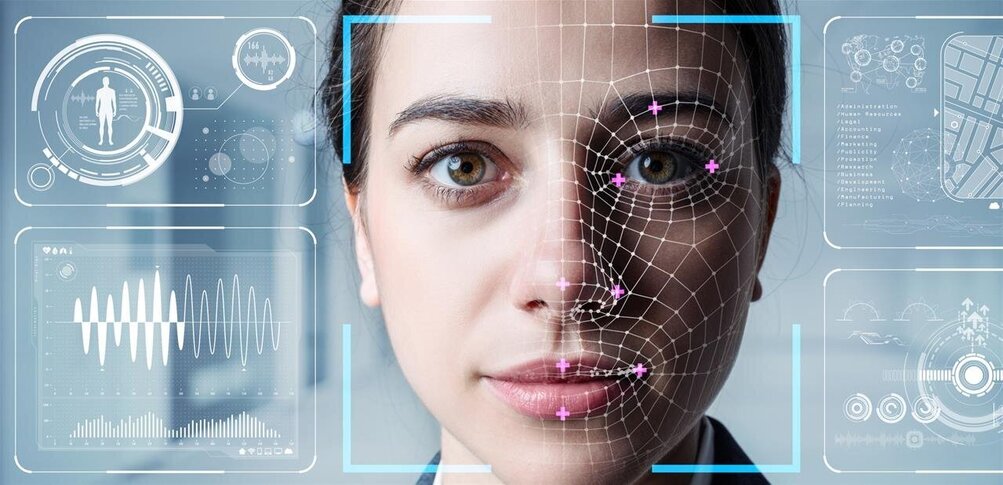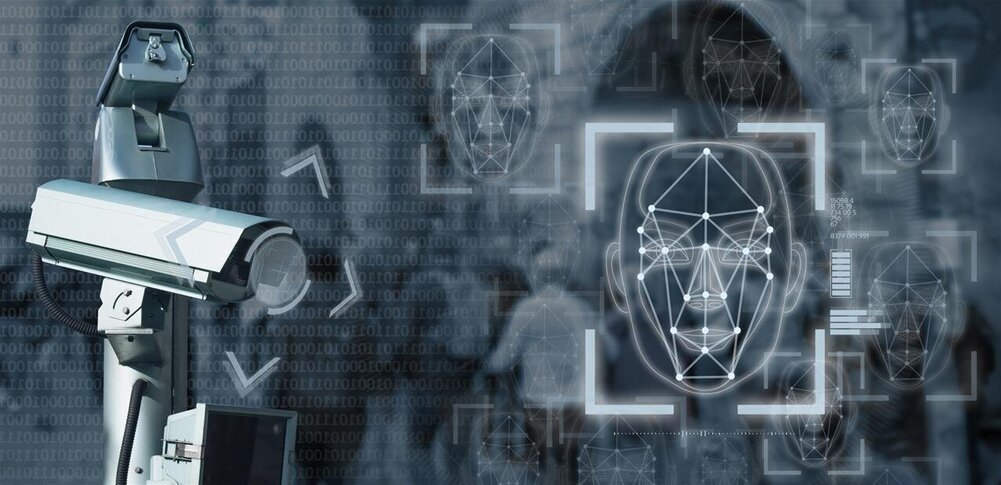Lawyers are a conservative bunch, befitting a profession that rewards preparedness, sagacity and respect for precedent. No doubt many enjoyed a chuckle at the tale of Steven Schwartz, a personal-injury lawyer at the New York firm Levidow, Levidow & Oberman, who last month used Chatgpt to help him prepare a court filing. He relied a bit too heavily on the artificial-intelligence (ai) chatbot. It created a motion replete with made-up cases, rulings and quotes, which Mr Schwartz promptly filed after the bot assured him that the “cases I provided are real and can be found in reputable legal databases” (they were not, and cannot). Lesson learned, a tech-sceptic lawyer might conclude: the old ways are the best.
That is the wrong lesson. Blaming ai for Mr Schwartz’s error-filled brief makes no more sense than blaming the printing press for mistakes in a typed one. In both cases, fault lies with the lawyer who failed to check the motion before filing it, not the tool that helped produce it. For that is what ai is: neither a fad nor an apocalypse, but a tool in its infancy. And one that could radically change how lawyers work and law firms make money. The legal profession is hardly the only field about which one could say that. But few combine as clear a use case with so high a risk. Firms that get it right stand to reap rewards. Laggards risk going the way of typesetters.
Mots-clés : cybersécurité, sécurité informatique, protection des données, menaces cybernétiques, veille cyber, analyse de vulnérabilités, sécurité des réseaux, cyberattaques, conformité RGPD, NIS2, DORA, PCIDSS, DEVSECOPS, eSANTE, intelligence artificielle, IA en cybersécurité, apprentissage automatique, deep learning, algorithmes de sécurité, détection des anomalies, systèmes intelligents, automatisation de la sécurité, IA pour la prévention des cyberattaques.






